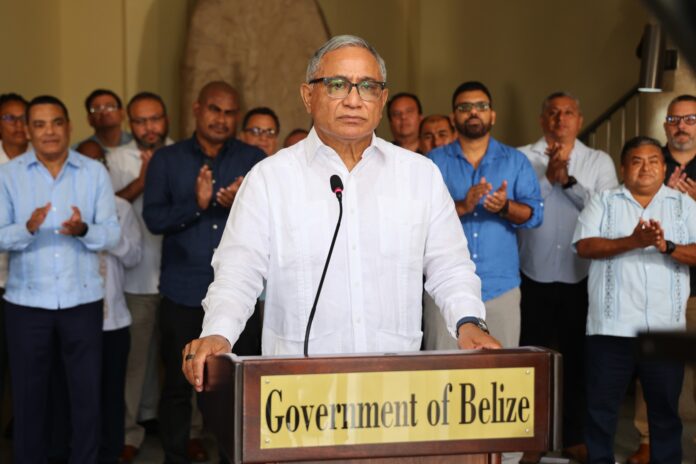In a decisive move marking his administration’s five-year milestone, Prime Minister John Briceño announced a major Cabinet reshuffle on November 11, 2025, in Belmopan. The changes, which take effect on November 17th, reflect a strategic realignment of key government portfolios and involve several senior ministers. According to Prime Minister Briceño, the reshuffle aims to strengthen governance and policy delivery amid evolving national challenges.
The adjustments come after the Briceño administration’s five years in office and about eight months into its second term. The changes follow rising public expectations and ongoing issues in areas such as education and citizen security. Briceño said the decisions were made after “careful reflection” and announced the immediate formation of a Cabinet Special Committee on Cost-of-Living Issues, intended to protect the purchasing power of Belize’s working and middle classes. Chaired by the Prime Minister, the committee includes ministers from multiple portfolios and will coordinate policies to address affordability and price stability.
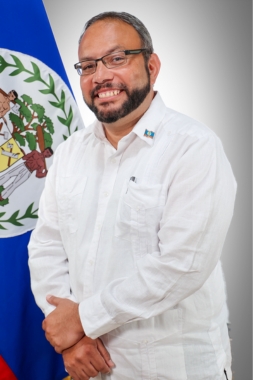
Among the notable appointments, Henry Charles Usher now heads the Ministry of Home Affairs and Enterprise, taking over from Kareem Musa, who moves to lead the Ministry of Immigration, Governance, and Labour.
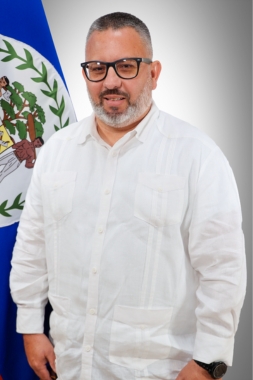
Francis Fonseca resumes the Education portfolio in addition to his responsibilities for Foreign Affairs, Foreign Trade, Culture, Science, and Technology, supported by Marconi Leal Jr. as Minister of State for Foreign Trade and Ramon Cervantes as Minister of State for Education, Culture, Science, and Technology.
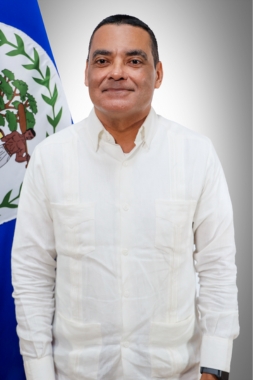
Jose Abelardo Mai continues as Minister of Agriculture, Food Security, and New Growth Industries, assisted by Alex Balona as Minister of State. Florencio Marin Jr. now oversees Public Service and Disaster Risk Management, while Oscar Requena returns to the Ministry of Rural Transformation, Local Government, and Community Development.
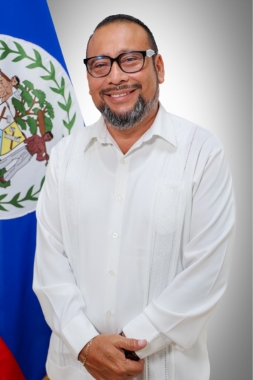
Prime Minister Briceño retains responsibility for Finance, Investment and Economic Transformation, Civil Aviation, and E-Governance, supported by Senior Minister of State Dolores Balderamos Garcia in the Office of the Prime Minister, Rodwell Ferguson as Minister of State in the same office, and Osmond Martinez as Minister of State for Economic Transformation. Cordel Hyde continues as Deputy Prime Minister and heads the Ministry of Natural Resources, Petroleum, and Mining, while Julius Espat remains responsible for Infrastructure Development and Housing.
The Ministry of Tourism, Youth, Sports, and Diaspora Relations continues under Anthony Mahler, supported by Devin Daly as Minister of State for Youth and Sports. Kevin Bernard continues to lead the Ministry of Health and Wellness, and Orlando Habet remains at the helm of Sustainable Development, Climate Change, and Solid Waste Management, with Ramiro Ramirez serving as Minister of State in that department. Michel Chebat continues to manage Public Utilities, Energy, and Logistics, supported by Gilroy Usher as Minister of State, while Oscar Mira remains Minister of National Defence and Border Security. Andre Perez continues to lead the Ministry of Blue Economy and Marine Conservation, and Louis Zabaneh now oversees Indigenous, Constitutional, and Religious Affairs and Transport. Thea Ramirez heads the Ministry of Human Development, Family Support, and Gender Affairs, and Anthony Sylvester serves as Attorney General.
Ambassador Stuart Leslie continues to serve as Cabinet Secretary and Chief of Staff, ensuring continuity at the administrative level.
The Cabinet changes reflect both continuity and adjustment in response to challenges in key governance areas. Musa’s tenure as Home Affairs Minister saw increased police recruitment but also faced scrutiny amid escalating gang conflicts. The return of Fonseca to the Education Ministry follows months of teacher salary protests and a push for reform. The Cabinet overhaul, described as a “reset,” is seen as an effort to reinvigorate ministries critical to national progress and streamline leadership focus.
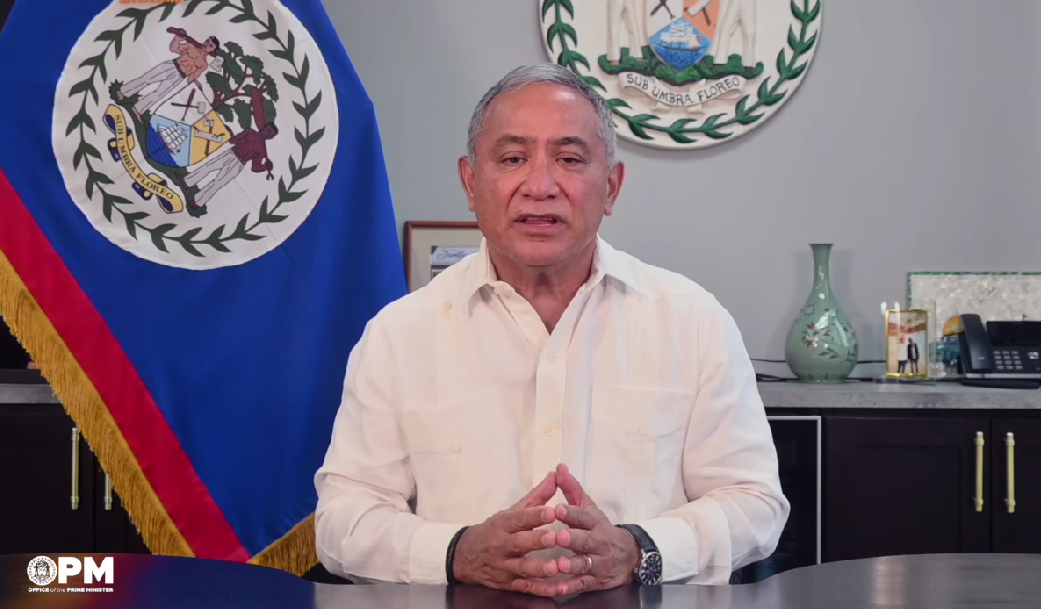
Prime Minister Briceño emphasized that despite significant efforts and investments, education and citizen security remain areas of concern. “These adjustments will strengthen our executive team and bring fresh approaches to difficult governance spheres,” he stated. The Prime Minister reaffirmed his administration’s commitment to building on its achievements while addressing external and transnational challenges affecting national development.
This new Cabinet structure sets the tone for the administration’s second term, positioning it to manage economic pressures better and strengthen institutional performance. The creation of the Cost-of-Living Committee underscores the government’s focus on addressing Belizeans’ everyday concerns through coordinated, practical measures.

